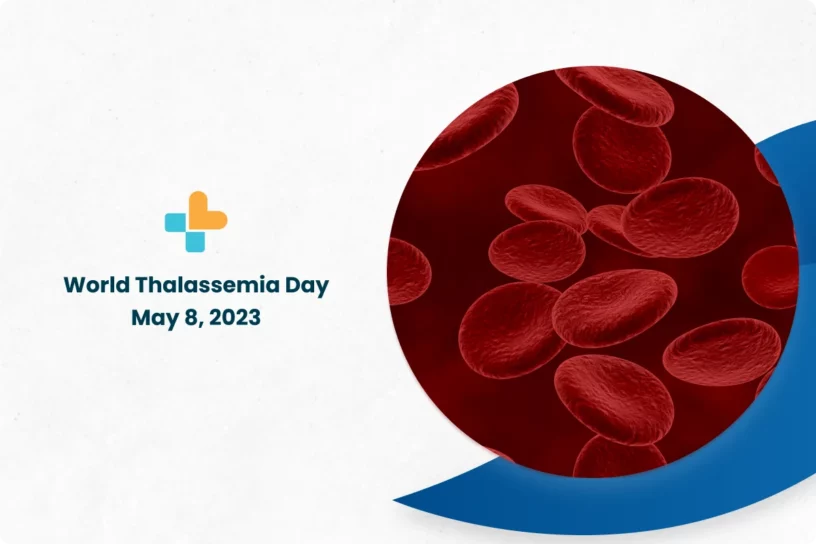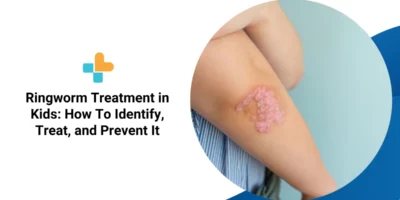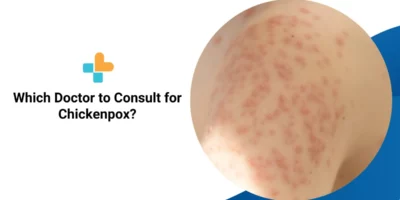World Thalassemia Day is an annual global healthcare event observed on May 8 to increase public awareness of thalassemia. This severe genetic blood disorder affects millions of people worldwide. The day aims to promote prenatal screening, prevention, counseling, management, and treatment of thalassemia in a patient-focused approach. Local and international organizations, patient associations, public authorities, and healthcare professionals come together to support and encourage those affected by the disease.
The significance of May 8 dates back to 1994 when the Thalassemia International Federation (TIF) observed the day in memory of George Englezos, the son of TIF’s founder, who died due to thalassemia. Today, World Thalassemia Day is recognized globally to spread awareness and promote early diagnosis and treatment of thalassemia. The theme for World Thalassemia Day 2023 is- “Strengthening Education to Bridge the Thalassaemia Care Gap: Be Aware. Share. Care.” This theme emphasizes the importance of enhancing education and awareness to address the gaps in thalassemia care.
To observe World Thalassemia Day 2023, let’s learn and create more awareness about thalassemia.
What is Thalassemia?
Thalassemia is a genetic blood disorder that impairs the production of healthy RBCs (red blood cells) and hemoglobin, which are responsible for carrying oxygen throughout the body. Alpha and beta are the two types of thalassemia. Depending on how severe thalassemia is, this condition can cause symptoms that may range from mild to severe. If the patient’s mild thalassemia, they may not require any treatment. However, the patient may require regular blood transfusions in case of severe thalassemia.
What are the signs and symptoms of thalassemia?
While some people may have thalassemia symptoms from birth, others might not show any signs until a few years later. Additionally, some thalassemia patients may experience no symptoms throughout their lives. The various signs and symptoms of thalassemia include the following,
- Wide and brittle bones
- Fatigue
- Pale or yellow-colored skin
- Dark urine
- Weakness
- Deformities in the facial bones
- Swelling in the abdomen
- Heart conditions
- A poor appetite
- Delayed growth in children
How is thalassemia caused?
Genetic changes in the DNA of the cells that produce hemoglobin, which is responsible for carrying oxygen in red blood cells, cause thalassemia. These mutations can affect the production of the alpha and beta chains that make up the hemoglobin molecules and can be passed down from parents. Reduced alpha chain synthesis causes alpha-thalassemia, and the number of defective genes inherited from parents determines how severe the illness is. As opposed to beta-thalassemia, which is caused by a decrease in the formation of beta chains, the severity of the disorder depends on which component of the hemoglobin molecule is mutated.
How is thalassemia diagnosed?
Because symptoms often occur within the first two years of your child’s life, moderate and severe thalassemia are frequently diagnosed in children. The various tests that a doctor may prescribe to diagnose thalassemia include the following,
- A complete blood count (CBC) that counts red blood cell amount (and size) as well as hemoglobin
- Hemoglobin electrophoresis for diagnosing beta thalassemia
- Genetic testing for diagnosing alpha thalassemia
- Iron studies to determine if the anemia is caused due to iron deficiency or is a result of thalassemia
- A reticulocyte count
How can thalassemia be treated?
In the case of mild thalassemia, treatment may not be required. However, severe cases of thalassemia may require the following treatments,
- Blood transfusions
- Iron chelation therapy
- Bone marrow and stem cell transplant
- Folic acid supplements
- Surgery for removing the spleen
What are the various complications that may arise in a thalassemia patient?
Thalassemia can induce severe anemia, leading to irreversible damage to vital organs and potentially fatal. Additionally, individuals with moderate to severe thalassemia may experience other health complications. Some of these thalassemia complications include the following,
- Iron overload
- Bone changes or deformities
- Delayed growth in children
- Infections
- Heart problems
- Spleen enlargement
Can thalassemia be prevented?
Although thalassemia cannot be prevented, genetic testing can show if a person or their spouse possesses the gene. This information might be useful while preparing for pregnancy. When a person or their spouse may have thalassemia gene mutations, consulting a genetic counselor can offer advice on family planning.
Also Read : Top 10 Iron-Rich Indian Foods to Increase Hemoglobin: A Guide to Boosting Your Blood Health
Conclusion
Thalassemia is a genetic disorder affecting the blood. Living with thalassemia may be challenging; however, this condition can be managed with proper treatment measures and following the doctor’s instructions. This World Thalassemia Day 2023, extend your support to those having thalassemia by helping their families raise funds. Spread awareness about the various thalassemia symptoms to help people get it diagnosed on time. This World Thalassemia Day 2023, you can also help patients with thalassemia by donating blood and encouraging your family and friends to do so too. To raise awareness about thalassemia on World Thalassemia Day 2023, you can also encourage people to get genetic testing done to find the gene that may put children at risk of thalassemia. To know more, reach out to Ayu Health Hospitals at 6366 100 800.
Our Hospital Locations
General Surgery Hospitals in Chandigarh | General Surgery Hospitals in Bangalore | General Surgery Hospitals in Jaipur | General Surgery Hospitals in NCR | General Surgery Hospitals in Hyderabad
Our Doctors
General Surgery Doctors in Chandigarh | General Surgery Doctors in Bangalore | General Surgery Doctors in Jaipur | General Surgery Doctors in NCR | General Surgery Doctors in Hyderabad
About the Author

Dr. S. Goel
Dr. S. Goel is a renowned Internal Medicine Specialist currently practicing at Ayu Health, Bangalore. He is a Specialist in Internal Medicine, Diabetes HTN, Paediatric Care, and Family Medicine.




